Buy Vasoactive Intestinal Polypeptide (VIP)
$55.00 – $325.00Price range: $55.00 through $325.00
Vasoactive Intestinal Polypeptide (VIP) is a naturally occurring peptide hormone that regulates blood flow, smooth muscle relaxation, and digestive function. In research settings, VIP is studied for its potential benefits in supporting vascular health, immune modulation, and neurological balance.
Vasoactive Intestinal Polypeptide (VIP) is a naturally occurring neuropeptide with diverse physiological functions. First identified in the gut, VIP is now recognized for its wide-ranging roles in the nervous, immune, and cardiovascular systems. As a therapeutic research compound, it is valued for its ability to regulate smooth muscle activity, promote vasodilation, enhance immune modulation, and influence circadian rhythms.
Key Features
- Neuroprotective Properties – VIP supports neuronal survival and has been studied for potential use in neurodegenerative conditions.
- Vasodilatory Action – Helps relax blood vessels, improving circulation and reducing vascular resistance.
- Immune Regulation – Demonstrates anti-inflammatory effects, modulating cytokine production and supporting immune balance.
- Gastrointestinal Benefits – Plays a role in stimulating intestinal secretions and regulating motility.
- Potential Therapeutic Applications – Currently under investigation for conditions such as pulmonary hypertension, asthma, inflammatory bowel disease, and neurodegenerative disorders.
Scientific Applications
Vasoactive Intestinal Polypeptide (VIP) is widely used in biomedical and clinical research to study:
- Neurotransmission and neuroprotection
- Immune response regulation
- Vascular function and blood pressure control
- Gastrointestinal health and motility disorders
Format & Storage
- Supplied as: Research-grade peptide
- Storage: Store at –20°C in a cool, dry environment. Reconstituted solutions should be handled under sterile conditions and stored according to lab protocols.
Disclaimer: Vasoactive Intestinal Polypeptide (VIP) is intended for laboratory research use only. It is not for human consumption, medical use, or diagnostic purposes.
VIP is a 28-amino acid polypeptide hormone that is known for its diverse biological functions in the human body. It acts as a potent vasodilator, relaxing smooth muscles and increasing blood flow to various organs. It also plays a crucial role as a neurotransmitter in the central and peripheral nervous systems, where it is involved in a wide range of physiological processes.
Key Features:
- High Purity: Our VIP is synthesized using state-of-the-art methods, ensuring a purity of >98%. This high level of purity minimizes the risk of impurities interfering with your experimental results, providing you with reliable and consistent data.
- Biologically Active: The product is rigorously tested to confirm its biological activity. Our VIP effectively stimulates adenylate cyclase activity in target cells, a key mechanism of action for this hormone.
- Versatile Applications: VIP is an invaluable tool for researchers in various fields, including neuroscience, immunology, gastroenterology, and endocrinology. It can be used in studies related to blood pressure regulation, gut motility, immune response modulation, and neuroprotection.
- Convenient Packaging: VIP is supplied as a lyophilized powder, which is stable at room temperature for shipping and can be easily reconstituted in a suitable buffer for your experiments.
Whether you’re investigating the intricate pathways of the nervous system, exploring new therapeutic targets for inflammatory bowel disease, or studying the mechanisms of cardiovascular health, our VIP provides the quality and reliability you need to push the boundaries of your research.
Vasoactive Intestinal Peptide (VIP)
What it is
Vasoactive Intestinal Peptide (VIP) is a naturally occurring peptide hormone and neurotransmitter found throughout the human body. It was first discovered in the intestinal tract but is now known to be widely distributed in the brain, lungs, immune system, and cardiovascular system.
Biological Functions
- Vasodilation: VIP relaxes smooth muscle in blood vessels, leading to improved blood flow and reduced vascular resistance.
- Neurotransmission: Acts as a signaling molecule in the nervous system, influencing circadian rhythms, sleep patterns, and neuroprotection.
- Immune Modulation: Helps regulate inflammation by controlling cytokine release and balancing immune responses.
- Digestive Support: Stimulates secretion of intestinal fluids and enzymes, while also relaxing smooth muscle in the digestive tract to support motility.
- Pulmonary Role: VIP receptors in the lungs help regulate airway relaxation, making it of interest in asthma and pulmonary hypertension research.
Medical and Research Interest
Because of its broad influence, VIP has become an important subject of study in several areas:
- Neurological disorders such as Alzheimer’s disease, Parkinson’s disease, and traumatic brain injury.
- Inflammatory and autoimmune diseases like rheumatoid arthritis, Crohn’s disease, and ulcerative colitis.
- Cardiovascular and pulmonary conditions, including hypertension and chronic obstructive pulmonary disease (COPD).
- Sleep and circadian rhythm regulation through its role in the hypothalamus.
Summary
In essence, Vasoactive Intestinal Peptide is a multifunctional molecule that bridges the nervous, immune, and vascular systems. While it shows promise in many therapeutic areas, its clinical applications are still under active investigation.
VIP Peptide Benefits
1. Supports Vascular Health
- VIP acts as a vasodilator, meaning it relaxes smooth muscle in blood vessels.
- This helps improve circulation, oxygen delivery, and nutrient transport throughout the body.
- It may also contribute to lowering vascular resistance and blood pressure, making it a peptide of interest in cardiovascular research.
2. Neuroprotective Effects
- VIP is present in the brain as a neurotransmitter and neuromodulator.
- Studies suggest it helps protect neurons from oxidative stress and inflammation, supporting brain health.
- Research explores its role in neurodegenerative diseases such as Alzheimer’s and Parkinson’s.
3. Immune System Regulation
- VIP has strong anti-inflammatory properties.
- It influences cytokine production, shifting the immune response toward a more balanced, less inflammatory state.
- This has made it a candidate for research into autoimmune disorders like rheumatoid arthritis and inflammatory bowel disease.
4. Respiratory and Pulmonary Benefits
- VIP receptors are found in the lungs, where they help relax airways and regulate pulmonary function.
- It is under investigation for conditions such as asthma, pulmonary hypertension, and COPD (chronic obstructive pulmonary disease).
5. Digestive System Support
- In the gut, VIP promotes secretion of digestive enzymes and fluids.
- It also helps regulate intestinal motility, aiding smooth movement of food and waste.
- This role has implications for research into irritable bowel syndrome (IBS) and other digestive disorders.
6. Circadian Rhythm & Sleep Regulation
- VIP plays a role in the suprachiasmatic nucleus (SCN) of the hypothalamus, the body’s “master clock.”
- It helps synchronize circadian rhythms, which may influence sleep quality, hormone cycles, and mood regulation.
In Summary:
The benefits of VIP peptide span across vascular, neurological, immune, pulmonary, digestive, and circadian systems. While much of the evidence comes from experimental and clinical research, its multi-system influence makes it a highly valuable compound for ongoing scientific studies.
Disclaimer: VIP peptide is a research compound only. It is not approved for human consumption, medical use, or self-administration.
FAQ on Vasoactive Intestinal Polypeptide (VIP)
Q1: What is Vasoactive Intestinal Polypeptide (VIP)?
A1: VIP is a naturally occurring peptide hormone found in the body. It plays a key role in relaxing smooth muscles, dilating blood vessels, and regulating digestive and immune functions.
Q2: What are the main functions of VIP in the body?
A2: VIP helps control intestinal secretion, relax airway and gastrointestinal muscles, increase blood flow, and modulate immune responses. It also acts as a neurotransmitter in the brain.
Q3: How is VIP used in medical research?
A3: VIP is being studied for potential treatments in conditions like pulmonary arterial hypertension, inflammatory bowel disease (IBD), erectile dysfunction, and neurodegenerative disorders.
Q4: Is VIP the same as a peptide supplement?
A4: No. VIP is a natural peptide hormone produced in the human body. Synthetic versions may be studied or developed, but clinical use as a supplement or medication is still limited.
Q5: Are there side effects linked to VIP therapy?
A5: Since VIP therapies are mostly experimental, potential side effects are still being researched. Reported risks include changes in blood pressure, flushing, or gastrointestinal upset.
| weight | 10mg, 20mg, 10mg*10vials/box, 20mg*10vials/box |
|---|
Be the first to review “Buy Vasoactive Intestinal Polypeptide (VIP)” Cancel reply
Related products
Peptide
Peptide
Peptide
Peptide
Peptide
Peptide
Peptides
Peptide

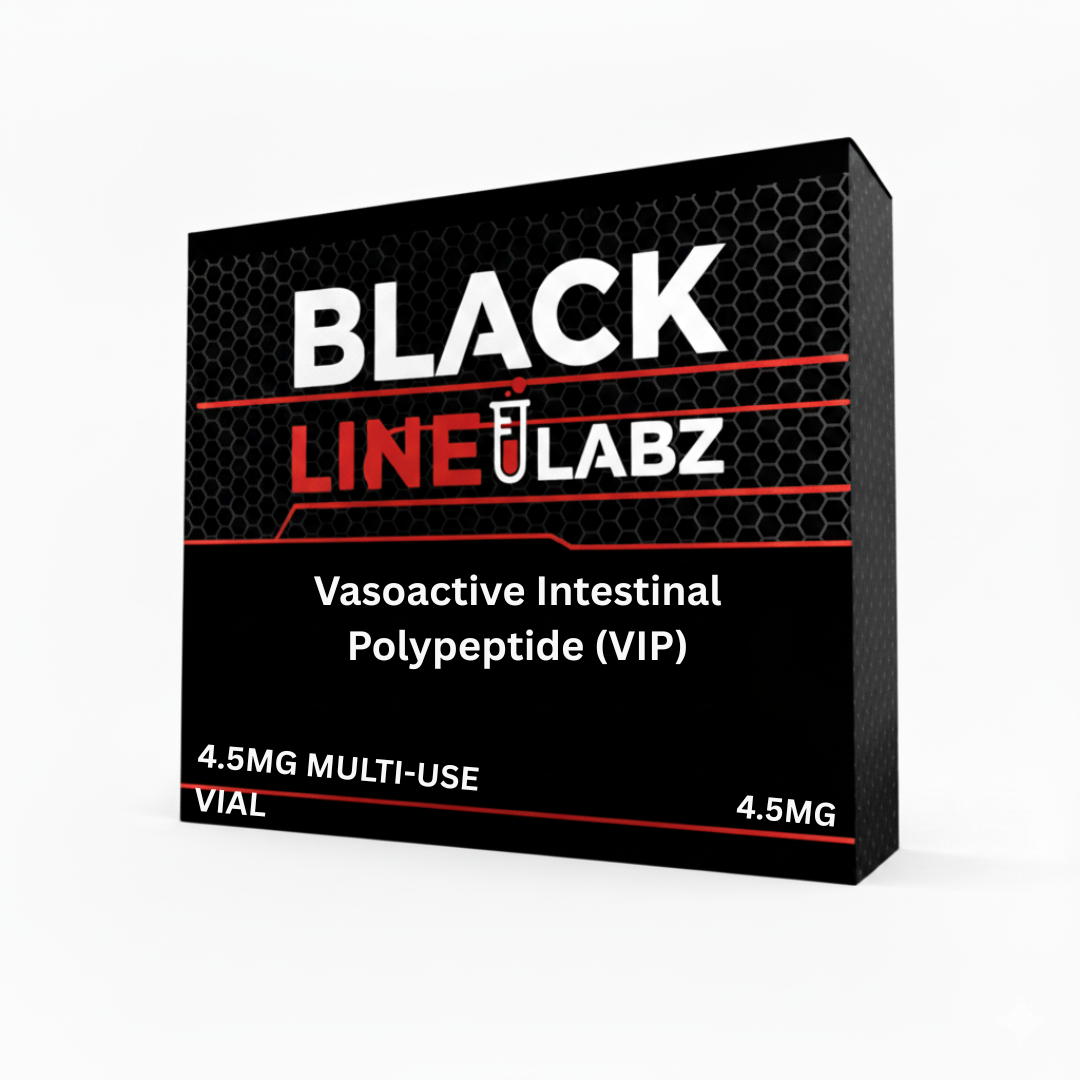
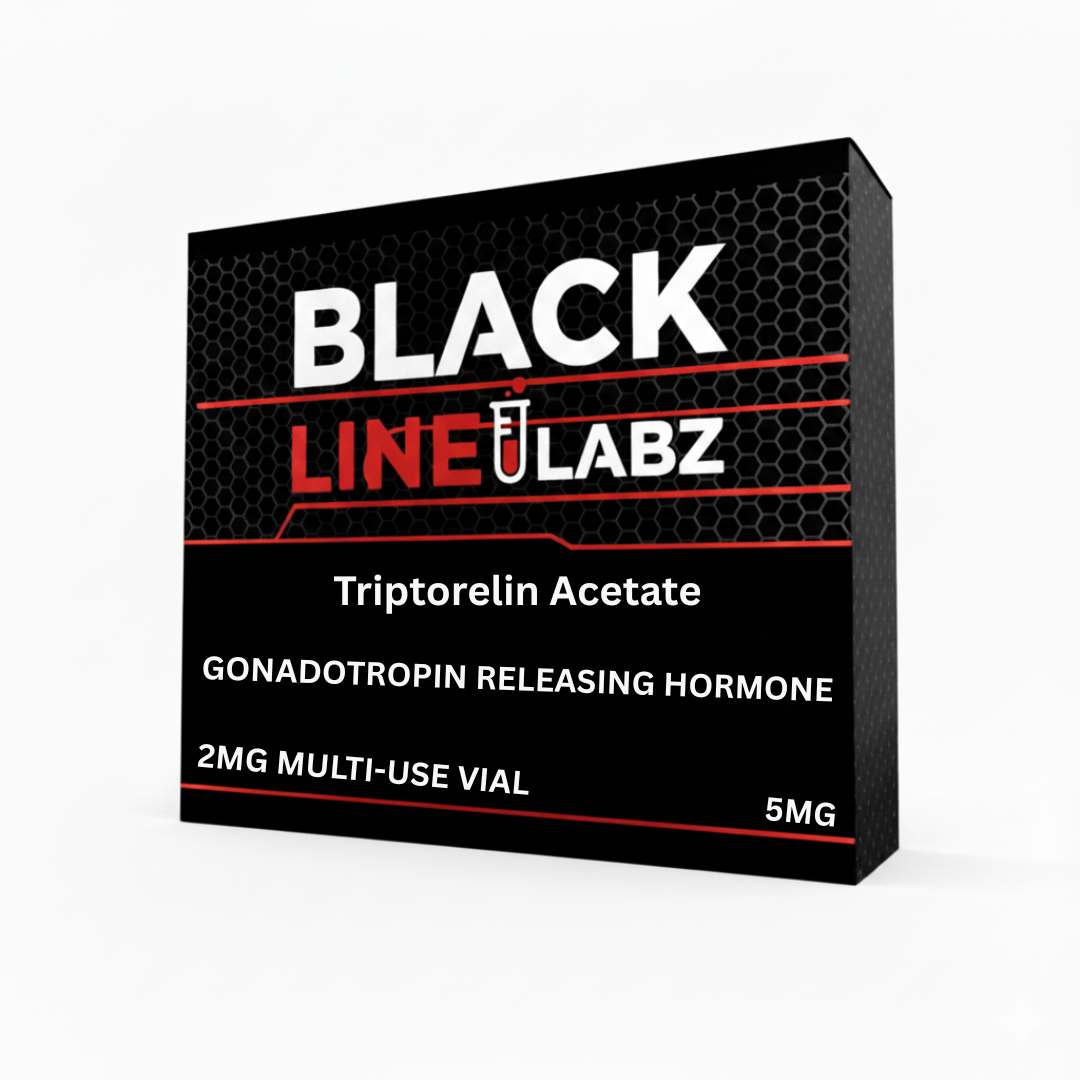
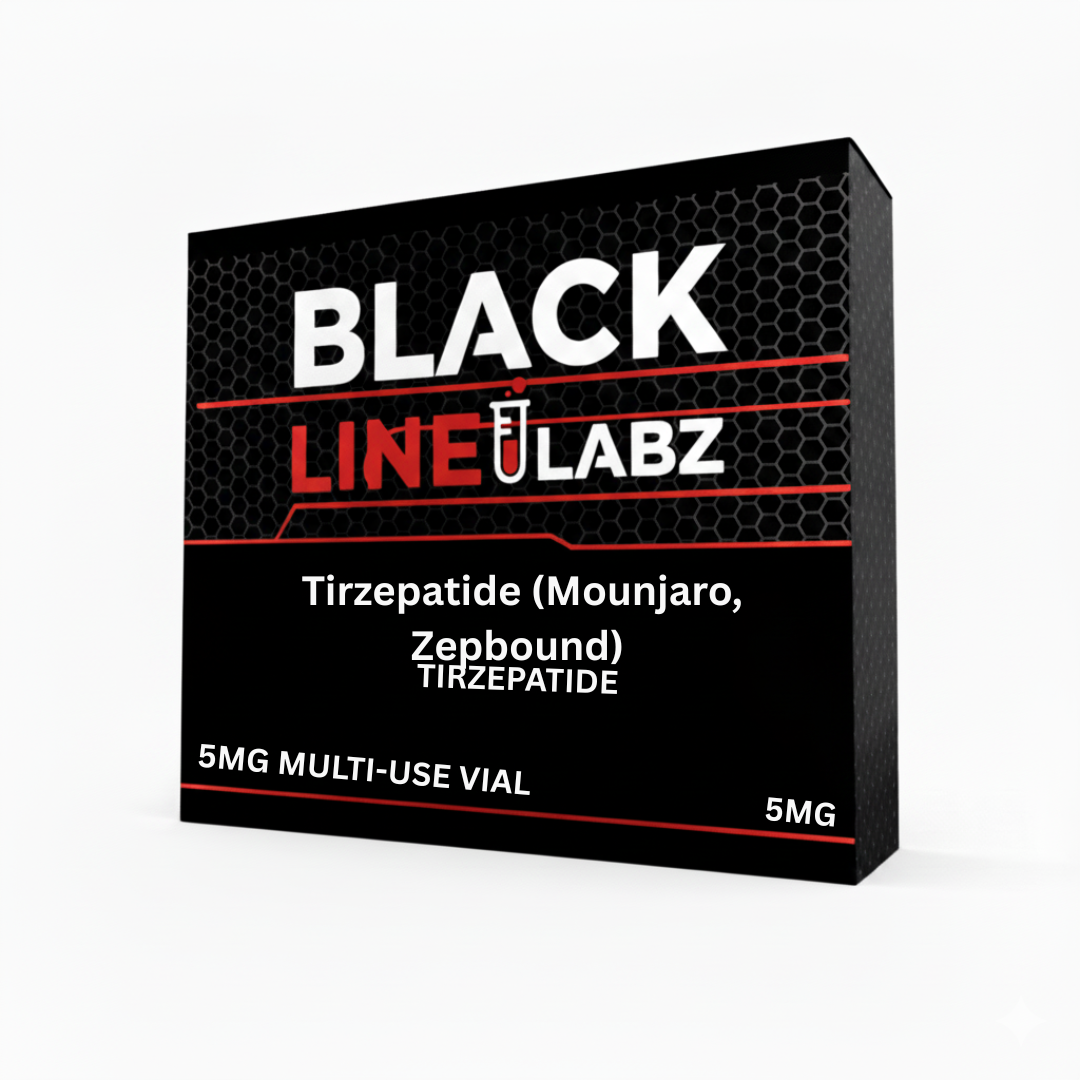
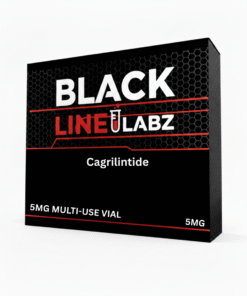
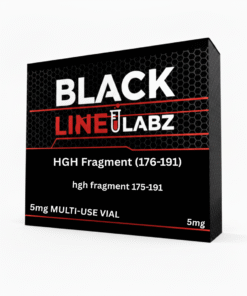
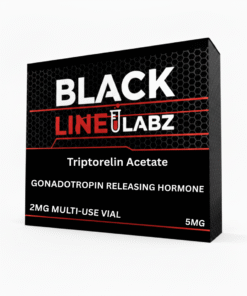
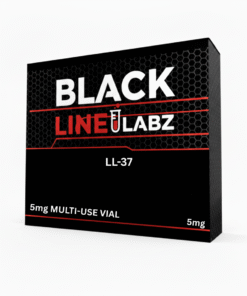
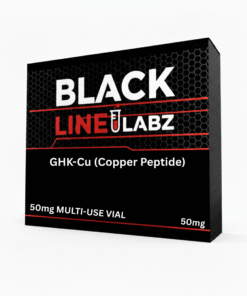
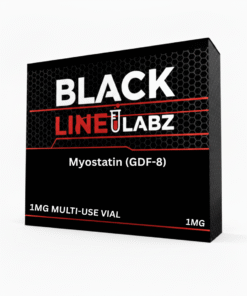
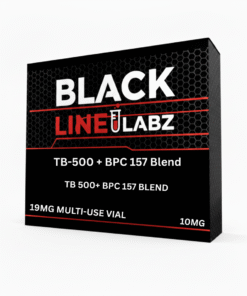
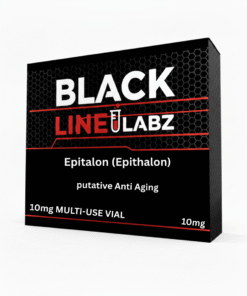
Reviews
There are no reviews yet.